
Find A Professional
More Items From Ergsy search
-

Can relationship problems be resolved to improve mental health?
Relevance: 100%
-
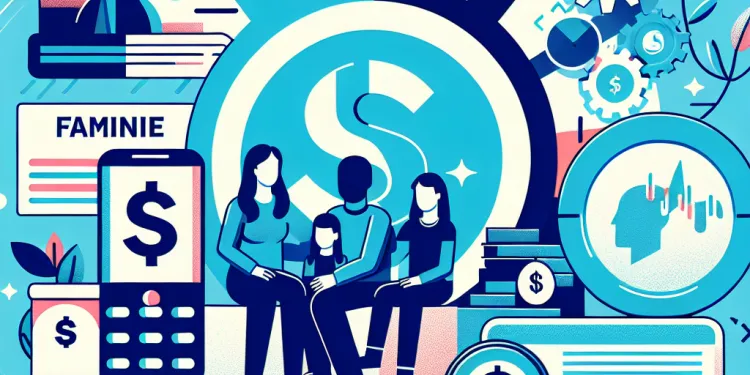
Advancements in Mental Health Resources for Families
Relevance: 74%
-

Tackling Youth Mental Health: Community Initiatives and Solutions
Relevance: 72%
-

Mental Health Support Resources in the UK
Relevance: 69%
-

Can ending a toxic relationship improve my mental health?
Relevance: 69%
-
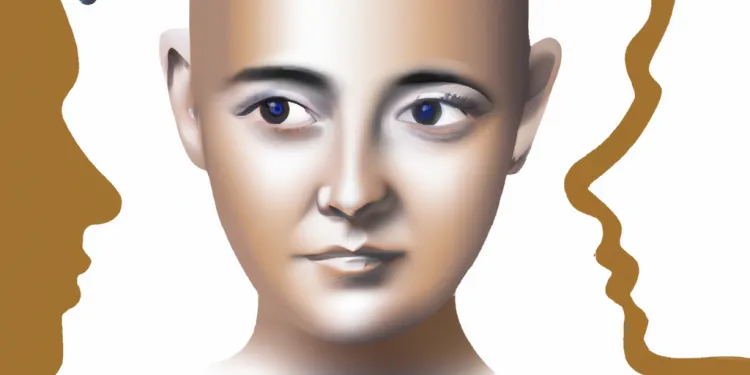
Mental Health Resources for Families
Relevance: 67%
-
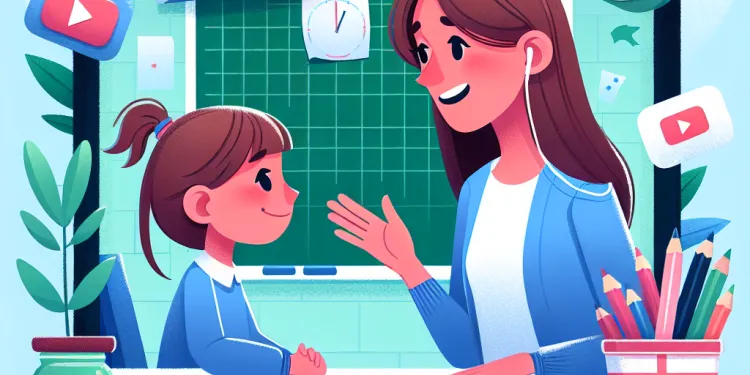
Understanding Mental Health in Children
Relevance: 67%
-

Can physical symptoms be linked to relationship-induced depression?
Relevance: 66%
-
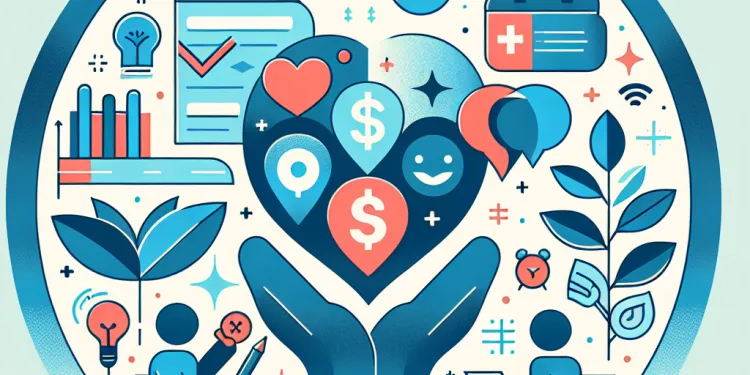
Mental Health Support for Families: Resources and Strategies
Relevance: 66%
-

Mental Health Support Services in the UK
Relevance: 64%
-

Harshi’s learning disability annual health check and health action plan
Relevance: 64%
-

Accessing Mental Health Support Resources in the UK
Relevance: 64%
-
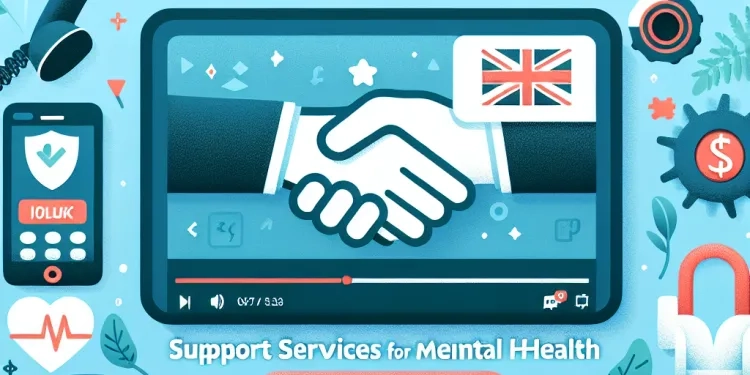
Support Services for Mental Health Amid Economic Uncertainty
Relevance: 63%
-

Current Challenges in Youth Mental Health Services
Relevance: 62%
-

Mental Health Support Resources for Families
Relevance: 62%
-

Mental Health Support for Families: Resources and Guidance
Relevance: 62%
-

How are health services provided in prison?
Relevance: 61%
-
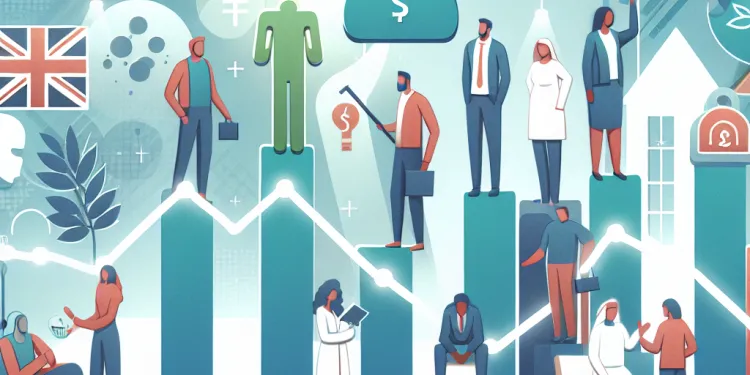
Mental Health Services Struggle to Cope Amid Record Demand
Relevance: 61%
-
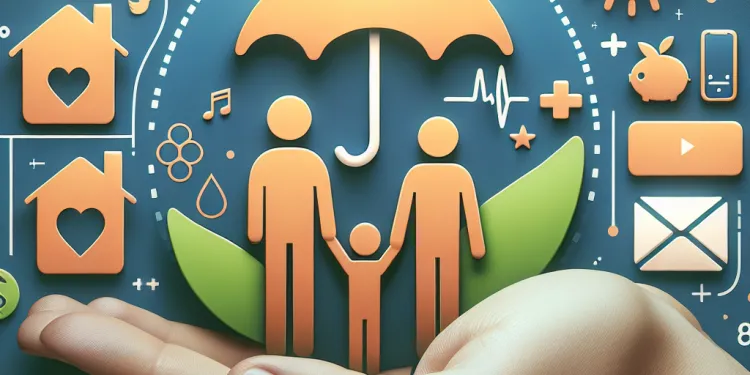
Mental Health Support for Families: Resources and Helplines
Relevance: 61%
-

Navigating Mental Health Services for Children and Adolescents
Relevance: 59%
-
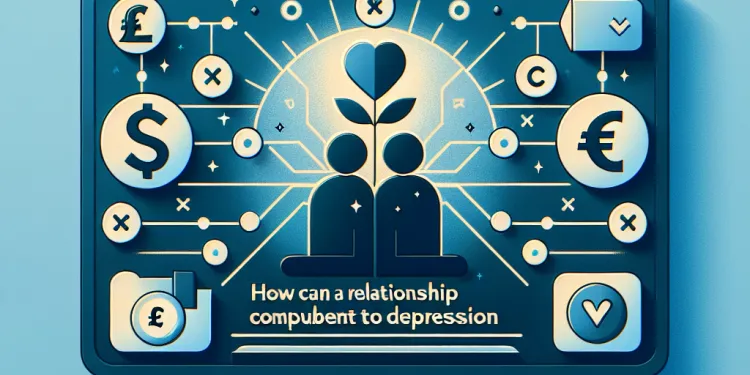
How can a relationship contribute to depression?
Relevance: 59%
-
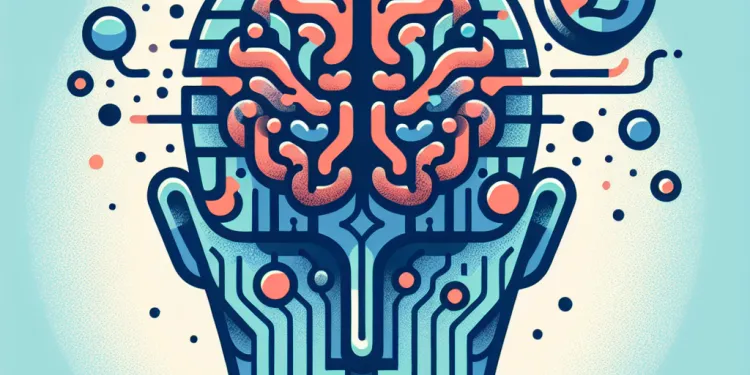
Can concussions lead to mental health issues?
Relevance: 52%
-

NHS Unveils Revolutionary Mental Health Support Initiative
Relevance: 51%
-

Are there any self-care strategies to cope with relationship-induced depression?
Relevance: 50%
-

What is the impact of obesity on mental health?
Relevance: 48%
-
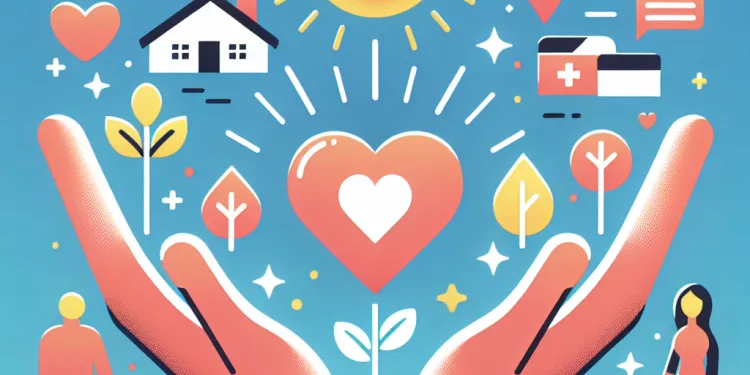
Mental Health Support for Families - Latest Resources and Guidance
Relevance: 48%
-
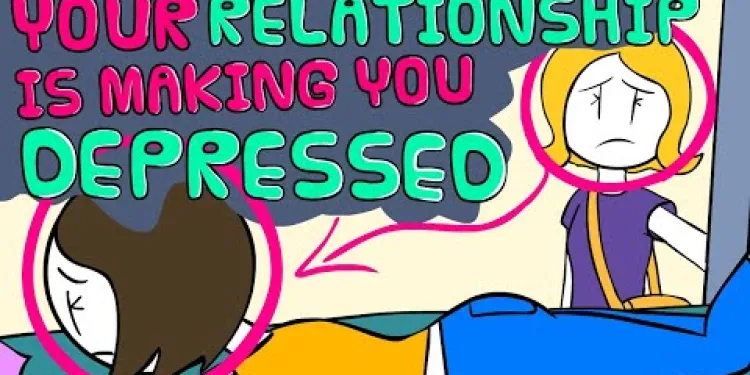
7 Signs Your Relationship is Making You Depressed
Relevance: 47%
-

Mental Health: Laura's Story | NHS
Relevance: 46%
-

Is it better to stay in a relationship for the sake of not being alone?
Relevance: 46%
-
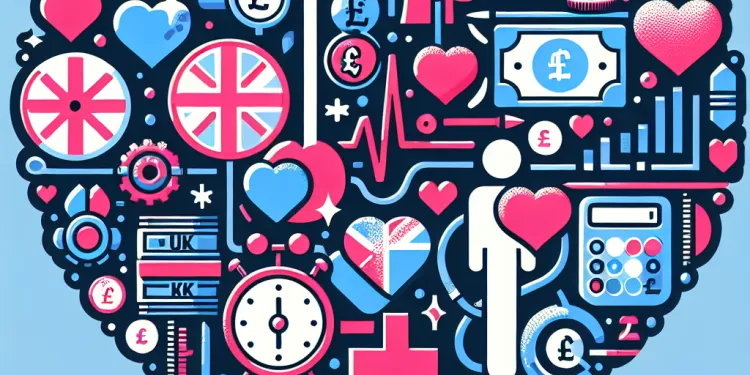
What are the signs that my relationship is making me depressed?
Relevance: 46%
-
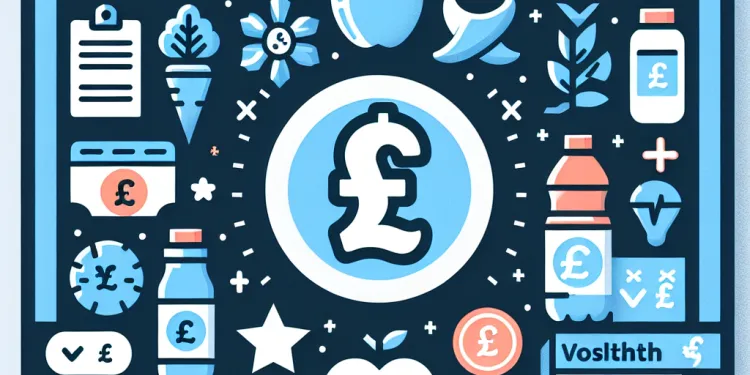
What are Healthy Start vouchers in the UK?
Relevance: 46%
-

Preventative Care: What Your Family Needs
Relevance: 45%
-
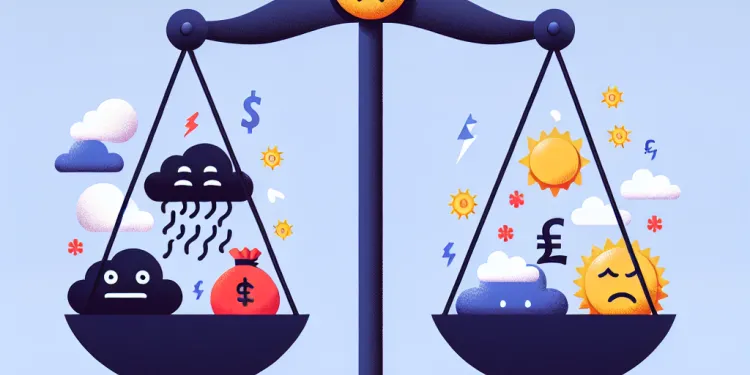
What role do unhealthy dynamics play in causing depression?
Relevance: 45%
-

What are the benefits of relationship counselling?
Relevance: 44%
-

Mental Health Impact of Cost of Living Crisis and Support Resources
Relevance: 44%
-
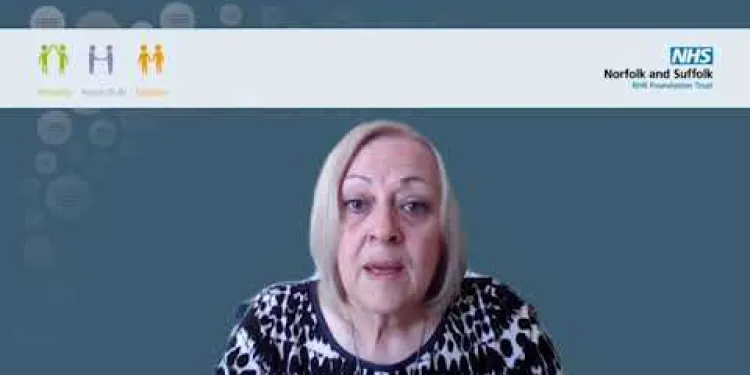
Suicide and Self Harm Prevention Strategy 2023-28
Relevance: 43%
-

Is it normal to feel sad in a relationship sometimes?
Relevance: 42%
-
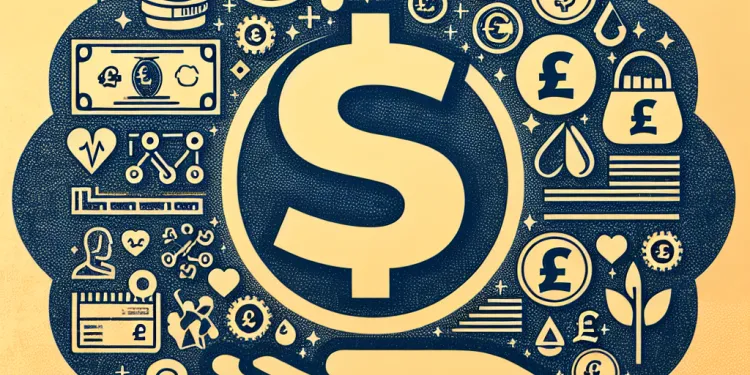
What are Healthy Start vouchers?
Relevance: 40%
-
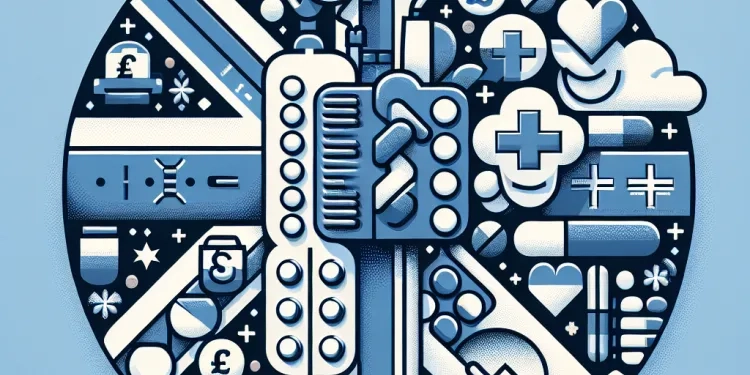
What should I tell my healthcare provider before starting Wegovy?
Relevance: 39%
-

NHS to Expand Digital Health Services to Reduce Appointment Backlogs
Relevance: 39%
The Link Between Relationships and Mental Health
The quality of our relationships can have a profound impact on our mental health. Strong, supportive connections with others can provide emotional support, increase resilience, and contribute to overall well-being. Conversely, toxic or strained relationships can exacerbate feelings of stress, anxiety, and depression. Understanding this link is the first step in using relationship improvements as a pathway to enhanced mental health.
Common Relationship Problems
Relationship issues can arise from a variety of sources. Common problems include communication breakdowns, lack of trust, differing values, or unmet needs. These problems can manifest in various ways, such as frequent arguments, emotional withdrawal, or infidelity. Left unaddressed, these issues can lead to significant mental distress for the individuals involved.
Approaches to Resolving Relationship Problems
Addressing relationship problems often requires a proactive and solution-focused approach. Communication is key; expressing thoughts and feelings openly and respectfully can help clarify misunderstandings and build empathy. Couples or family therapy can offer a structured environment to explore issues and develop healthier interaction patterns. Additionally, individual therapy can provide personal insights and coping strategies, empowering individuals to contribute positively to the relationship.
Impact on Mental Health
Resolving relationship problems can yield significant benefits for mental health. Reducing conflict and enhancing understanding can decrease stress levels and improve mood. A supportive, harmonious relationship can act as a buffer against life’s challenges, reducing the risk of anxiety and depression. Furthermore, positive interactions can foster feelings of belonging and self-worth, which are crucial for mental well-being.
Role of Professional Support
Professional support, such as counselling services, can be invaluable in resolving relationship issues. In the UK, there are numerous organisations and therapists who specialise in relationship counselling, offering resources and expertise to help individuals and couples navigate their challenges. Accessing such support can facilitate the healing process and equip partners with the tools needed to build healthier relationships.
Conclusion
While relationship issues can pose significant challenges, they also present opportunities for growth and improved mental health. By addressing and resolving these problems, individuals can enhance their emotional well-being and strengthen their support networks. For those struggling with relationship difficulties, seeking professional help can be a constructive step towards a healthier, happier life.
How Relationships Affect How We Feel
The way we get along with other people can really change how we feel. Having good friends or family can make us feel happy and strong. But when we have fights or bad relationships, it can make us feel worried or sad. Knowing this helps us see that good relationships can make our minds feel better.
Problems with Getting Along
We can have problems with others for many reasons. Some common problems are not talking well, not trusting each other, or having different ideas. These problems can make us argue a lot or feel alone. If we don't fix them, they can make us feel very upset.
How to Solve Relationship Problems
To fix problems with others, it's important to try hard and focus on solutions. Talking and listening well can help us understand each other better. Going to see a therapist can help families or couples talk things out in a safe way. Seeing a therapist alone can also help us feel better and teach us how to help the relationship.
How Solving Problems Can Help Our Minds
Fixing problems with others can make us feel much better. It can lower our stress and make us happier. When we get along with others, we are less likely to feel anxious or sad. Good relationships make us feel like we belong and like ourselves more, which is very important.
How Professionals Can Help
Talking to a professional, like a counselor, can really help fix relationship problems. In the UK, there are many places and people who help with this. They can give advice and help people get along better. Asking for help can make it easier to solve problems and improve relationships.
In Summary
Even though having problems with others can be tough, they can also help us grow and feel better. By solving these problems, we can feel happier and get closer to the people we care about. If getting along is hard, asking for help can be a great step to feeling better and happier.
Frequently Asked Questions
What are common relationship problems that can affect mental health?
Common relationship problems include communication breakdowns, trust issues, unmet needs, emotional withdrawal, and conflicts over responsibilities, which can all affect mental health.
How can communication improve mental health in a relationship?
Effective communication helps partners understand each other better, reduces misunderstandings, and strengthens emotional connections, thereby improving mental health.
Can relationship counseling help resolve problems?
Yes, relationship counseling provides a neutral space for partners to discuss issues, learn new communication skills, and develop strategies to resolve conflicts, which can improve mental health.
What role does trust play in a healthy relationship?
Trust is fundamental to a healthy relationship, as it fosters a sense of safety and security. Without trust, anxiety and stress can increase, negatively impacting mental health.
Can improving a relationship enhance self-esteem?
Yes, a supportive and understanding relationship can boost self-esteem by providing validation, encouragement, and love, contributing positively to mental health.
How can unresolved conflicts in relationships affect mental health?
Unresolved conflicts can lead to chronic stress, anxiety, depression, and lowered self-esteem, negatively impacting mental health over time.
Is it normal to have conflicts in a relationship?
Yes, conflicts are a normal part of relationships. What matters is how partners handle and resolve these conflicts to maintain mental well-being.
What impact does emotional support have on mental health in a relationship?
Emotional support helps individuals feel understood and valued, reducing stress and improving overall mental health.
How can setting boundaries improve mental health in a relationship?
Setting boundaries helps maintain a healthy balance of individuality and closeness, reducing feelings of resentment and stress, which benefits mental health.
What strategies can partners use to resolve relationship problems?
Partners can use active listening, empathy, compromise, problem-solving techniques, and seek professional help to resolve relationship problems.
Can unresolved relationship problems lead to mental health disorders?
Yes, ongoing relationship stress can contribute to mental health disorders such as anxiety, depression, and chronic stress if not addressed.
How can improving a relationship affect one's overall life satisfaction?
Improving a relationship can lead to increased emotional support, better communication, and a stronger bond, enhancing overall life satisfaction and mental health.
What is the impact of relationship problems on work and other areas of life?
Relationship problems can lead to decreased focus, productivity, and motivation at work and may also affect social relationships, leading to broader mental health challenges.
How important is it for both partners to be committed to resolving issues?
Both partners need to be committed to improving the relationship, as it requires mutual effort and understanding to effectively resolve issues and improve mental health.
Can a toxic relationship be transformed into a healthy one?
While it's challenging, a toxic relationship can improve with effort, willingness to change, and often professional assistance, significantly enhancing mental health.
How does the quality of a relationship affect physical health?
The quality of a relationship can affect physical health by influencing stress levels, sleep quality, and overall wellbeing, which are closely linked to mental health.
What are the signs that relationship problems are affecting mental health?
Signs include persistent stress, anxiety, mood swings, withdrawal from social interactions, difficulty concentrating, and changes in sleep or appetite.
Can improving relationship skills prevent mental health issues?
Improving relationship skills like communication and empathy can reduce conflicts and misunderstandings, potentially preventing some mental health issues.
What is the role of forgiveness in solving relationship problems?
Forgiveness can release negative emotions and resentment, promote healing, and strengthen the relationship, which can benefit mental health.
When should professional help be sought for relationship problems?
Professional help should be sought when conflicts are persistent, causing significant distress, or when partners are unable to resolve issues on their own.
What are some relationship problems that can make us feel upset or sad?
People can have problems in relationships. These problems can be:
- Not talking well with each other
- Not trusting each other
- Not getting what they need
- Pulling away and not sharing feelings
- Fighting about who does what jobs
These problems can make people feel upset or sad.
It can help to talk to a person who listens well, like a family member or a counselor. Writing down thoughts or drawing pictures can also be helpful.
How can talking help you feel better in a relationship?
Talking helps people understand each other better.
When you talk, you can share your feelings and thoughts.
Good talking means listening too. Listen to what the other person says.
Talking and listening can make you feel closer and happier.
Here are some tips to help you:
- Use simple words.
- Ask questions if you don't understand.
- Take turns to speak.
- Stay calm and kind, even if you disagree.
- Draw or use pictures to show how you feel.
Talking and listening well helps people understand each other. It stops confusion and makes us feel closer and happier.
Can relationship counseling help fix problems?
Do you have problems with a friend or family member? A counselor can help you talk and understand each other better. They can listen to both sides and help find ways to make things better.
Here are some tips that might help:
- Speak clearly about how you feel.
- Listen to the other person when they talk.
- Be calm and patient.
It can be useful to work through problems together with someone who can help you. You can also try writing down your feelings or drawing pictures to show what is wrong.
Yes, relationship counseling is a safe space where partners can talk about their problems. They can learn how to talk and listen to each other better. Counseling helps them find ways to solve problems together. This can make them feel happier and less worried.
Why is trust important in a happy relationship?
Trust is believing that someone will be kind and honest with you.
In a happy relationship, trust is important because it helps people feel safe and loved.
When you trust someone, you know they will keep their promises and tell the truth.
To build trust, you can talk openly and listen carefully.
It helps to do fun things together and to say sorry if you make a mistake.
Using pictures and talking with a friend can also help you understand trust better.
Trust is very important for a happy relationship. Trust helps us feel safe. If we don't have trust, we can feel worried and stressed. This can be bad for how we feel in our heads.
To help understand better, you can:
- Use picture books or stories.
- Ask someone to explain it in a simple way.
- Try using apps that read text out loud.
Can making a relationship better make you feel good about yourself?
A kind and caring relationship can make you feel good about yourself. When people say nice things, help you, and show love, it can help you feel happier and healthier inside.
How do unsolved fights in relationships affect how we feel?
When people argue and don't make up, it can make them feel worried, sad, or not good about themselves. This is not good for how we feel inside.
Is it OK to have disagreements in a relationship?
Yes, it is OK. People in relationships can have disagreements. This means they can argue or not agree.
Everyone is different, so sometimes people do not see things the same way. It is good to talk and listen. This helps fix problems.
To make talking easier, you can:
- Take turns talking.
- Stay calm and use nice words.
- Ask for help if you need it.
Yes, it is normal for people in relationships to have fights or arguments. What is important is how people solve these problems so they can stay happy and healthy.
How does helping each other's feelings make a difference in a relationship?
When people in a relationship help each other's feelings, it can make them feel happier and less worried.
Here are some ways it helps:
- People feel understood and cared for.
- It can make people feel safe and calm.
- They may feel less alone with their problems.
Try talking to each other about feelings and listen carefully. You can also use pictures, drawings, or face expressions to show feelings.
Emotional support means having people who listen and care. This makes you feel good and less worried. It helps keep your mind healthy.
How can setting boundaries help mental health in a relationship?
Setting boundaries means telling others what is okay and what is not okay with you. This can make you feel safe and happy.
Here are some ways setting boundaries can help:
- It helps you feel more in control.
- It makes your relationship fair and balanced.
- It helps you talk openly about your needs.
- It stops misunderstandings and arguments.
You can use tools like a feelings chart to show how you feel. Talking with a friend or a therapist can also help.
Setting boundaries is like drawing a line that shows what makes you feel good and safe. It helps you feel like your own person, while still being close with others. This can stop you from feeling upset or worried. It is good for your mental health.
If you ever feel stressed, you can try talking to someone you trust or writing down your feelings in a journal. These tools can help you feel better.
How can partners fix problems in their relationship?
Here are some simple ways to help solve problems:
- Talk to each other: Share how you feel. Listen to your partner too.
- Stay calm: Take deep breaths if you feel upset.
- Take a break: If you get too upset, pause and come back later.
- Make a plan: Work together to find a solution.
- Say sorry: If you hurt each other, say "I'm sorry."
If you need more help, you can talk to a counselor or someone you trust.
People in relationships can try these things to solve problems: listen carefully to each other, show they understand how the other person feels, find a way to agree, work together to solve problems, and ask an expert for help if needed.
Can Relationship Problems Affect Mental Health?
When people have problems in their relationships, it might make them feel sad, worried, or stressed. If these problems continue and do not get better, they might make a person feel even worse. Sometimes, this can lead to bigger mental health problems.
If you have relationship problems, it might help to talk to someone you trust. You can also use things like relaxation exercises or speaking with a counselor to feel better. Remember, asking for help is a good thing!
Yes, problems in relationships can cause mental health problems like feeling very worried, sad, or always stressed if we don't fix them.
How can making a friendship better make you feel happier in life?
When you make a relationship better, you can feel more loved and supported. It helps you talk better and feel closer to each other. This makes life happier and your feelings healthier.
To help, you can:
- Talk about your feelings.
- Listen to each other carefully.
- Spend fun time together.
These things can make you feel good and improve your relationship.
How do problems with friends or family affect work and other parts of life?
Having problems in a relationship can make it harder to concentrate and get things done at work. It can also make you feel less motivated. This might make it difficult to get along with friends and can affect your mental health.
How important is it for both people in a relationship to try to fix problems?
It is very important for both people to work together to solve problems. When both try hard, they can make things better.
Here are some ways to make it easier:
- Talk nicely and listen to each other.
- Take turns when talking.
- Write down your thoughts if that helps.
- Use pictures or drawings to explain how you feel.
- Ask a friend or family member to help you.
Both people need to really want to make the relationship better. They both have to work together and understand each other to solve problems and feel happier.
Can a bad relationship become a good one?
Here are some ideas to help:
- Talk and listen to each other.
- Be kind and respect each other.
- Take breaks if you feel upset.
- You can ask a trusted adult or friend for help.
- Think about talking to a counselor or therapist.
It can be hard, but a bad relationship can get better. You need to try hard, be ready to change, and often get help from someone who knows how to help. This can make you feel much better.
How can a good or bad relationship change health?
How good a friendship is can change our health. Good friendships help us feel less stressed, sleep better, and feel well. This also helps our minds stay healthy.
If reading is hard, try using tools like audiobooks or picture books. You can also ask someone to read with you and talk about it together.
How do you know if relationship problems are making you feel sad or worried?
Sometimes, problems with friends or family can make us feel bad. Here are some signs:
- You feel sad a lot.
- You worry all the time.
- You don't want to do things you usually like.
- You have trouble sleeping.
If you feel this way, it's good to talk to someone you trust. A teacher, parent, or friend can help. You can also try writing down your feelings. Talking or writing can make you feel better.
Signs to look out for:
- Feeling stressed all the time.
- Feeling worried or scared a lot.
- Having moods that change quickly.
- Not wanting to be with friends or family.
- Finding it hard to focus.
- Changes in how much you eat or sleep.
Helpful tips:
- Talk to someone you trust about how you feel.
- Try to do something you love every day.
- Use a calendar or reminders to help you remember things.
- Make a routine for eating and sleeping at the same times every day.
Can getting better at friendships and family help stop mental health problems?
If we learn to be good friends, we might feel happier and have fewer worries or sad feelings. Being nice, listening, and talking about feelings can make our relationships stronger.
Here are a few ways to get better at friendships:
- Practice talking and listening to others.
- Be kind and think about how others feel.
- Ask for help from a grown-up if you are upset or need someone to talk to.
Remember, being a good friend might help us feel better and stay happy.
Getting better at talking and understanding others can help stop fights and mix-ups. This can make us feel happier and stop some problems with feeling sad or worried.
How can saying sorry help fix problems with friends?
Saying sorry and letting go of hurt can make you feel better. It helps you heal, feel happy, and get along better with others. This is good for your mind.
When should you ask a professional for help with relationship problems?
Sometimes people have problems with their friends, family, or partners. It is okay to ask for help. Here is when you might need to talk to a professional:
- If you feel very sad or upset for a long time.
- If you and the other person argue a lot and can't stop.
- If you feel lonely and don't know what to do.
- If you don't feel safe or are being hurt.
You can talk to someone like a counselor or therapist. They are people who can help you feel better. You can also ask an adult you trust to help you find someone to talk to.
Get help from an expert if arguments keep happening, make you really upset, or you can't fix them together.
Useful Links
- Ergsy carfully checks the information in the videos we provide here.
- Videos shown by Youtube after a video has completed, have NOT been reviewed by ERGSY.
- To view, click the arrow in centre of video.
- Most of the videos you find here will have subtitles and/or closed captions available.
- You may need to turn these on, and choose your preferred language.
- Go to the video you'd like to watch.
- If closed captions (CC) are available, settings will be visible on the bottom right of the video player.
- To turn on Captions, click settings .
- To turn off Captions, click settings again.
More Items From Ergsy search
-

Can relationship problems be resolved to improve mental health?
Relevance: 100%
-

Advancements in Mental Health Resources for Families
Relevance: 74%
-

Tackling Youth Mental Health: Community Initiatives and Solutions
Relevance: 72%
-

Mental Health Support Resources in the UK
Relevance: 69%
-

Can ending a toxic relationship improve my mental health?
Relevance: 69%
-

Mental Health Resources for Families
Relevance: 67%
-

Understanding Mental Health in Children
Relevance: 67%
-

Can physical symptoms be linked to relationship-induced depression?
Relevance: 66%
-

Mental Health Support for Families: Resources and Strategies
Relevance: 66%
-

Mental Health Support Services in the UK
Relevance: 64%
-

Harshi’s learning disability annual health check and health action plan
Relevance: 64%
-

Accessing Mental Health Support Resources in the UK
Relevance: 64%
-

Support Services for Mental Health Amid Economic Uncertainty
Relevance: 63%
-

Current Challenges in Youth Mental Health Services
Relevance: 62%
-

Mental Health Support Resources for Families
Relevance: 62%
-

Mental Health Support for Families: Resources and Guidance
Relevance: 62%
-

How are health services provided in prison?
Relevance: 61%
-

Mental Health Services Struggle to Cope Amid Record Demand
Relevance: 61%
-

Mental Health Support for Families: Resources and Helplines
Relevance: 61%
-

Navigating Mental Health Services for Children and Adolescents
Relevance: 59%
-

How can a relationship contribute to depression?
Relevance: 59%
-

Can concussions lead to mental health issues?
Relevance: 52%
-

NHS Unveils Revolutionary Mental Health Support Initiative
Relevance: 51%
-

Are there any self-care strategies to cope with relationship-induced depression?
Relevance: 50%
-

What is the impact of obesity on mental health?
Relevance: 48%
-

Mental Health Support for Families - Latest Resources and Guidance
Relevance: 48%
-

7 Signs Your Relationship is Making You Depressed
Relevance: 47%
-

Mental Health: Laura's Story | NHS
Relevance: 46%
-

Is it better to stay in a relationship for the sake of not being alone?
Relevance: 46%
-

What are the signs that my relationship is making me depressed?
Relevance: 46%
-

What are Healthy Start vouchers in the UK?
Relevance: 46%
-

Preventative Care: What Your Family Needs
Relevance: 45%
-

What role do unhealthy dynamics play in causing depression?
Relevance: 45%
-

What are the benefits of relationship counselling?
Relevance: 44%
-

Mental Health Impact of Cost of Living Crisis and Support Resources
Relevance: 44%
-

Suicide and Self Harm Prevention Strategy 2023-28
Relevance: 43%
-

Is it normal to feel sad in a relationship sometimes?
Relevance: 42%
-

What are Healthy Start vouchers?
Relevance: 40%
-

What should I tell my healthcare provider before starting Wegovy?
Relevance: 39%
-

NHS to Expand Digital Health Services to Reduce Appointment Backlogs
Relevance: 39%